Misleading ads risking women's health, doctors say
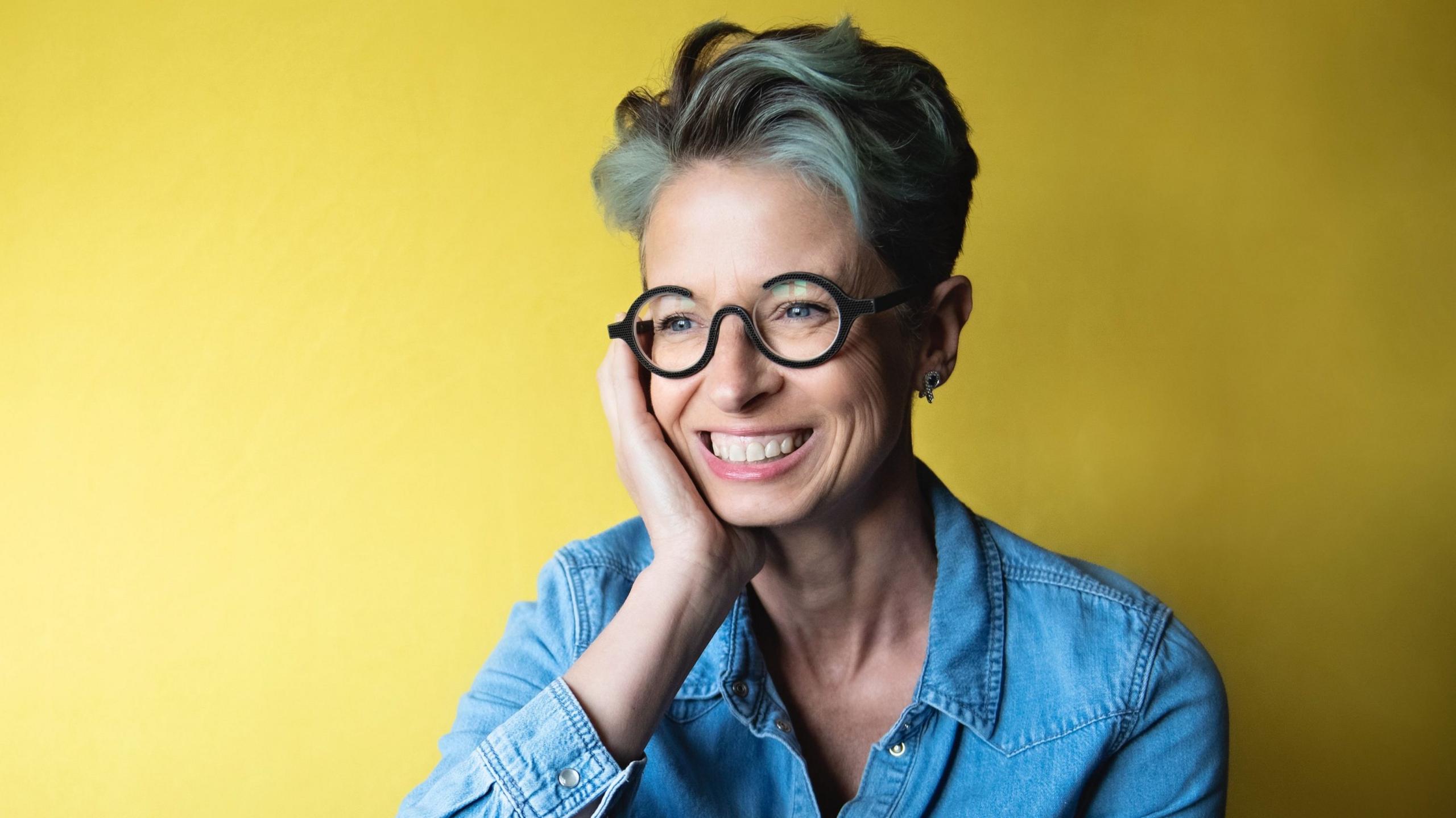
Former breast surgeon Liz O'Riordan said she had no idea what kind of misinformation her patients were subjected to online
- Published
Women are being targeted and exploited by a rise in poorly evidenced, alternative treatments online as NHS services struggle to keep up with demand, doctors and campaigners have said.
Some alternative treatments can clash with prescribed medications or mask more sinister symptoms.
Liz O’Riordan, a former breast surgeon who later developed breast cancer three times, said she had "no idea" what her patients were looking at online before becoming unwell herself.
She said: "The minute I was diagnosed with cancer, there were people online telling me to use iodine, or to detox and cut out sugar or do a keto diet – had I tried this drug, or that drug?
Women warned alternative treatments could risk health
AI photos show people with cancer their lost future
- Published30 March 2024
Amy Dowden 'hit hard' by Kate's cancer diagnosis
- Published22 March 2024
Pain, panic attacks and having my womb removed at 22
- Published16 January 2024
"I had no idea how much misinformation was out there. It can be like conspiracy theories and cults – and cancer is really terrifying."
She said she understood the appeal of glowing testimonials for products online, with promises of cures at great cost, so had tried to use her experience to bridge the gap.
Some of the herbs and supplements advertised can interact with cancer treatments like tamoxifen, she added.
"I used to have 10 minutes to tell someone they’ve got cancer and what treatment they’re going to have.
"It’s not enough – we don’t have enough time to go through the medical treatments, let alone survivorship issues."
She added the internet had “exploded” with targeted ads on social media and testimonials that "could be written by AI".
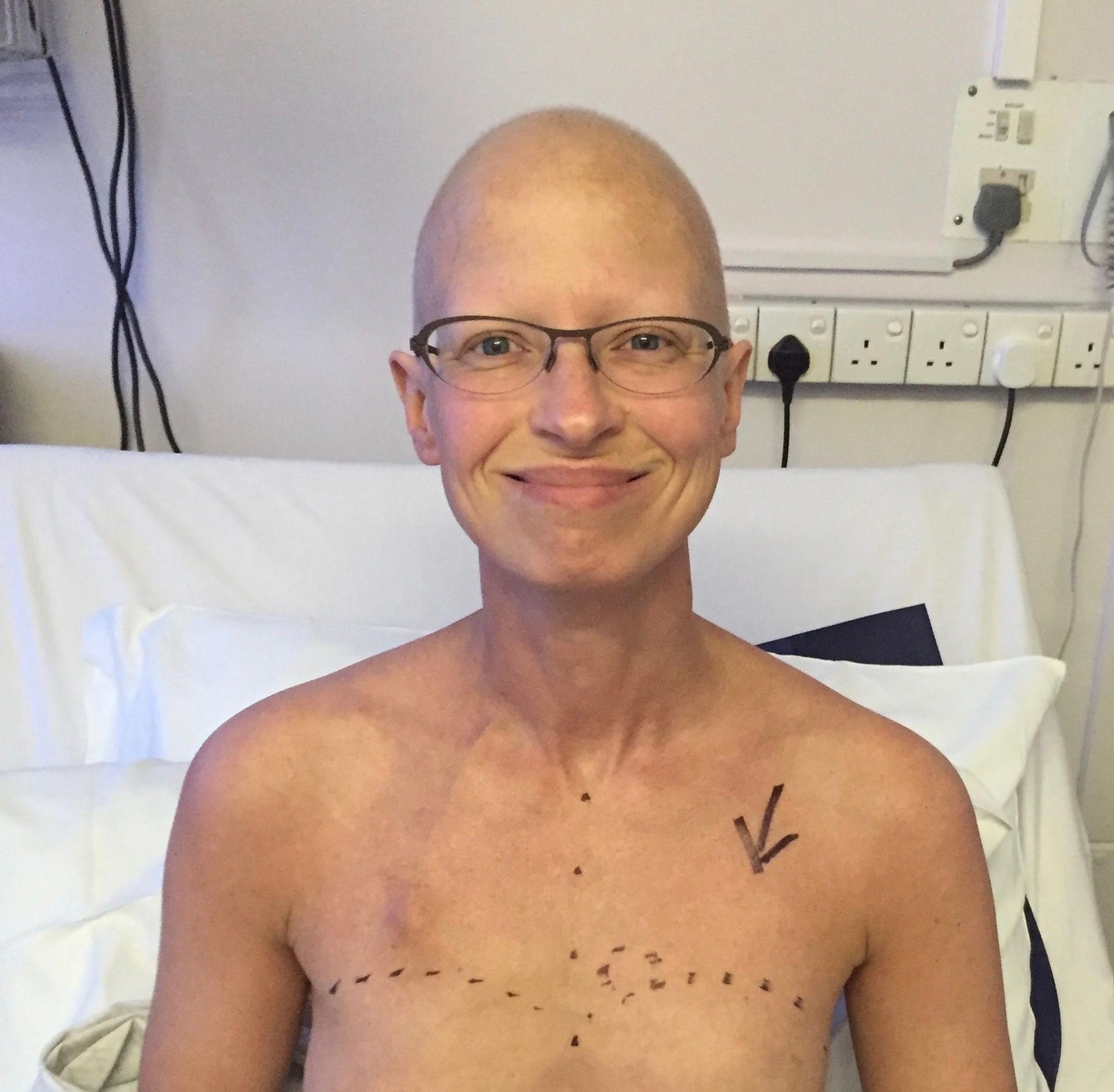
Liz O'Riordan had to give up her work as a breast surgeon at the age of 43, after her own breast cancer returned for a third time
Ms O’Riordan is one of those speaking at the Everywoman Festival in Cardiff, now in its second year, started by colorectal surgeon Julie Cornish.
Ms Cornish said she had seen a small number of patients in her clinics in recent years who had paid for alternative treatments with unqualified practitioners.
She said some had cancers that could have been successfully treated had they come sooner and some "red flag" symptoms not being overlooked.
"Irritable bowel syndrome, or IBS, is one of the key areas," she said.
"The concern I have is that patients are self-medicating, but it’s a diagnosis of exclusion and you have to make sure you’ve ruled out an underlying cancer or condition first.
"Once you’ve got an IBS diagnosis, some of the complementary therapies can be useful for some people, but some advertise 'successful' regimes that are expensive and don’t necessarily have the evidence to back it up."
She said she had seen a rise in expensive probiotics with supplements and claims of "100% treatment success", but "these bespoke vitamin complexes can be somewhat misleading".
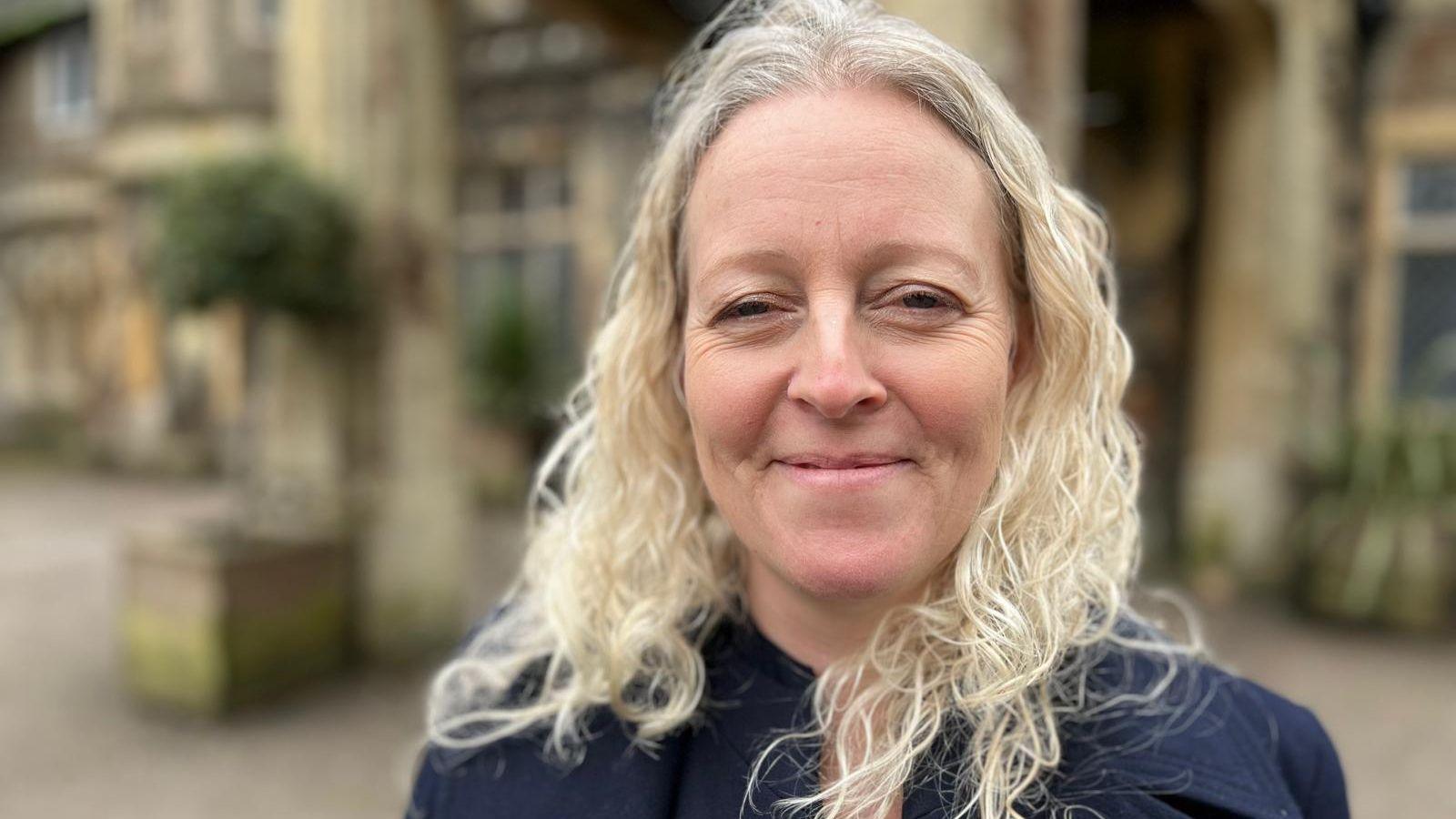
Julie Cornish has set up Everywoman Festival to improve knowledge of women's health
She set up the Everywoman Festival, a series of talks and workshops on a range of health issues, to educate women on what is normal and reduce the associated stigma.
Online health misinformation is not just limited to cancer patients or to a certain age range.
Molly Fenton, 21, founded Love Your Period at 16 and said she had seen girls as young as eight being given advice on supplements to “balance their hormones” on social media.
"I hold my hands up and say that I’m one to search on TikTok for anything, before I search on Google, but it’s very hard to fact-check what someone is putting into a video," she said.
"You could get some really good content, but then you could also get some really harmful or bad content and deciphering between the two is really difficult because there’s no tool in place to allow that to happen.
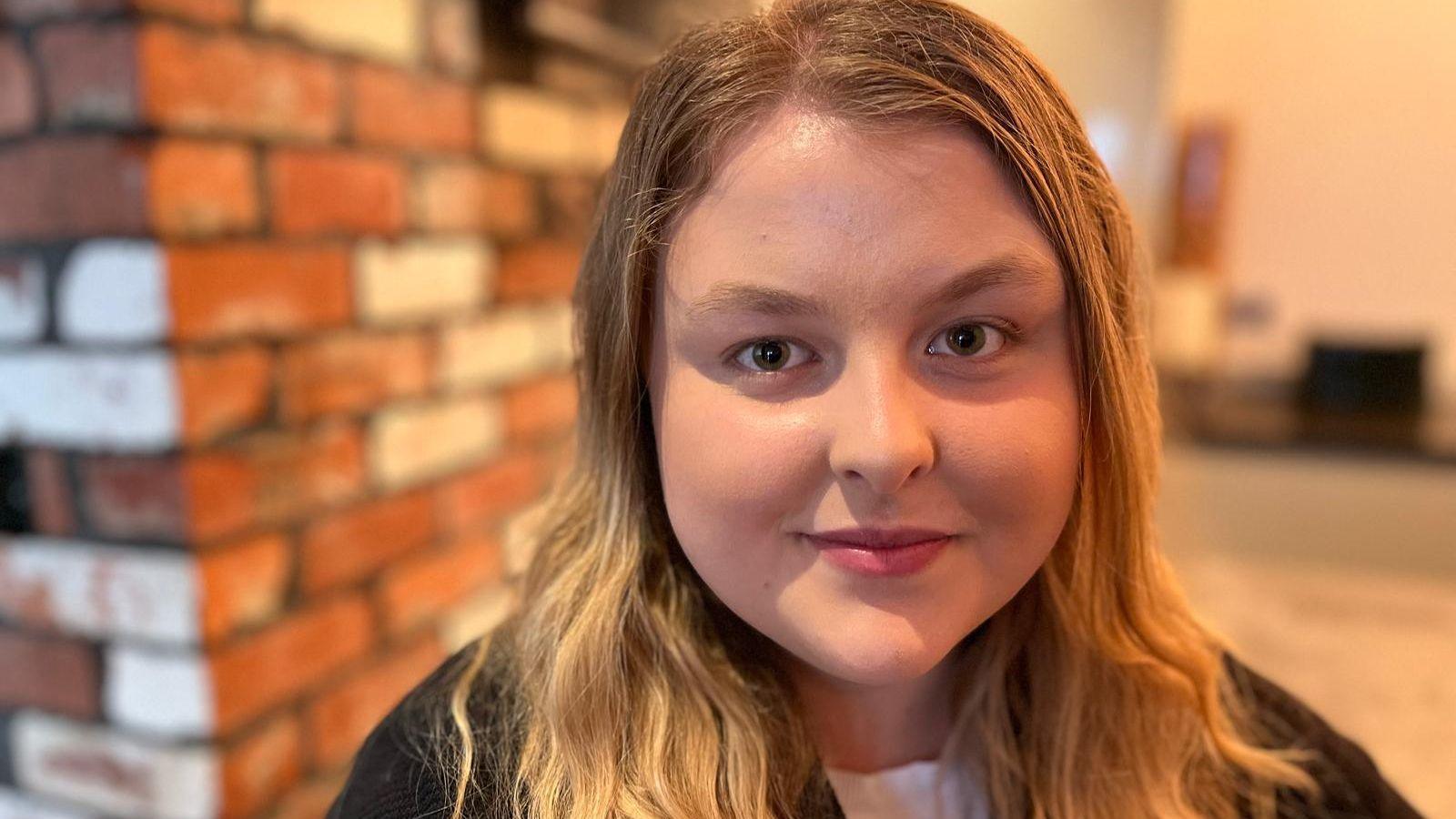
Molly Fenton said she had seen girls as young as eight asking for advice on hormone-balancing treatments on social media
"Women’s health is the perfect marketing opportunity at the moment," she said.
"It’s a very vulnerable space because there is a huge gap in the market due to there being a lack of education and a lack of knowledge."
Ms Fenton said she was regularly approached to endorse products on social media, but never had due to concerns over credibility.
"If it’s got a pink box, they’ll essentially try and get you to sell it."
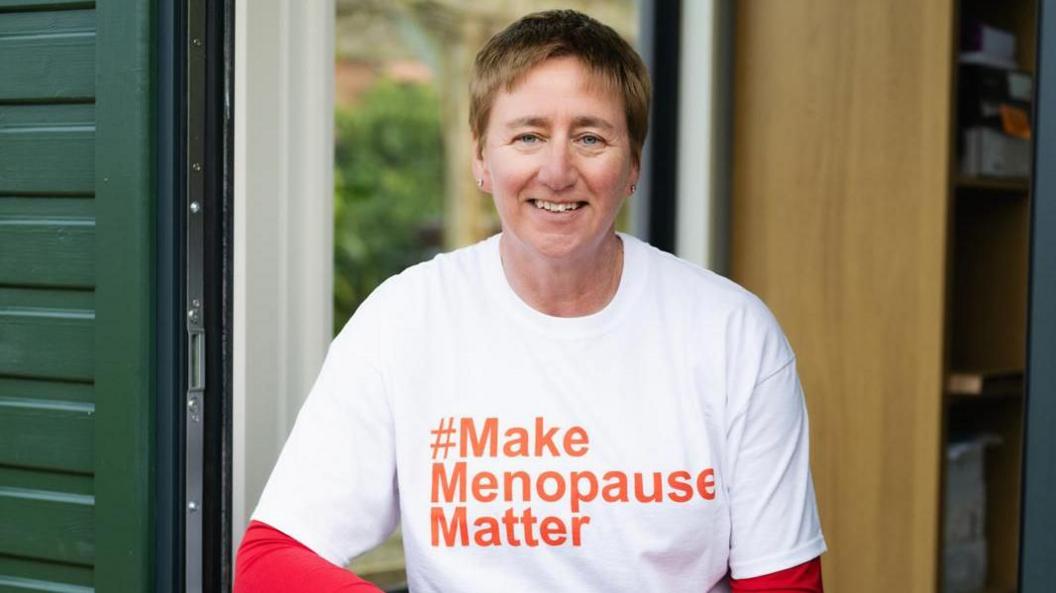
Diane Danzebrink said the menopause landscape has changed a great deal in the decade she's been campaigning for improvement
Menopause Support founder Diane Danzebrink, said conversation around the condition had increased, but also become a "very competitive, commercialised landscape".
"I’ve seen lots of headlines in trade publications about the menopause bandwagon and how much the menopause space is worth. So it’s clear that brands and marketers are very aware of this space," she said.
"Social media has expanded significantly around menopause, and it can be very positive and make people have their light-bulb moment and recognise what’s happening to them.
"But it’s also really important to recognised there can be a lot of misinformation as well."
Ms Danzebrink said the health risks to these products may be low – though some products can have contraindications with prescribed medicines – but there are other issues.
"I remember one person who came to talk to me about their menopause experience and she brought 12 different supplements that she was taking, with a significant monthly cost.
"I asked which ones are working and her response was, 'I don’t know, but I’m too scared not to take them'."
Through a campaign called Make Menopause Matter, she has long called for mandatory training for healthcare practitioners, which she said would help reduce waiting times and the need to seek out unproven alternatives.
"The demand currently can’t be met in what should be NHS services, and so consequently we’ve seen a rise in what I would call associated services. We’ve seen a rise in products and a mushrooming of private menopause clinics," she said.